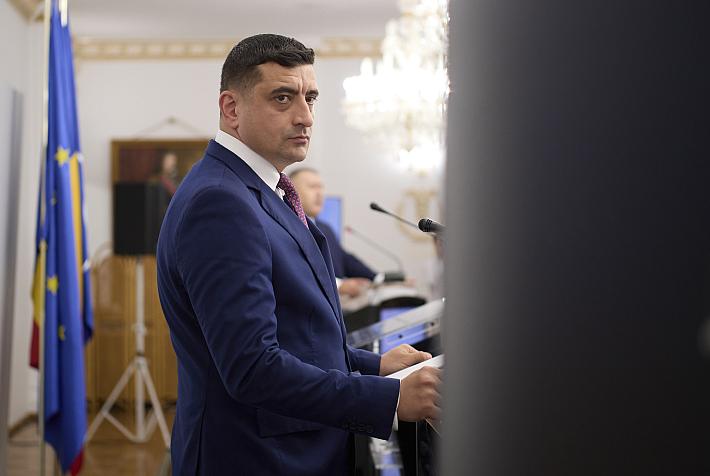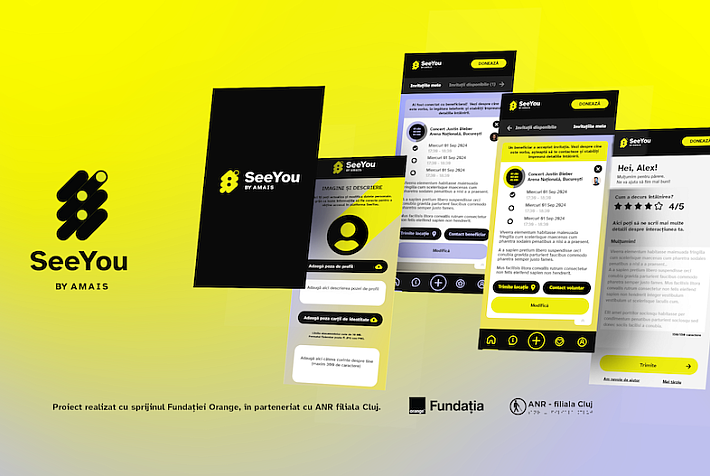Book insider: The Posthuman Dada Guide by Andrei Codrescu

 Dada: An absurdist art movement declaring itself against rationality, tradition, and—above all—Dada. Catholic mystic Hugo Ball and poet/impresario Tristan Tzara launched it in Zurich as World War I blazed all around.
Dada: An absurdist art movement declaring itself against rationality, tradition, and—above all—Dada. Catholic mystic Hugo Ball and poet/impresario Tristan Tzara launched it in Zurich as World War I blazed all around.
Posthuman: A sci-fi term that came of age in the mid-1980s through texts like Donna Haraway's Cyborg Manifesto. It's what we homo sapiens supposedly become when technological enhancements allow us to transcend our biology.
Andrei Codrescu: an award-winning writer and National Public Radio commentator. The author of many essay collections, including The Disappearance of the Outside, and the MacCurdy Distinguished Professor of English at Louisiana State University.
They meet in the Posthuman Dada Guide, in the Dada spirit of self-contradiction. It is and it has always been foolish and self-destructive to lead a Dada life. . . . The Guide is an impractical handbook for practical living in our posthuman world, all by way of examining the imagined 1916 chess game between Tristan Tzara, the soul of Dada, and Lenin, who apparently gets to represent the Posthuman. It's a tantalizing conceit. In 1916, Lenin plotted revolution just down the road in Zurich from where Tzara (a future fair-weather Stalinist) was helping invent Dada performance at the Cabaret Voltaire. The two men never met, but think if they had! This epic game at Zurich's Café de la Terrasse – a battle between radical visions of art and ideological revolution – lasted for a century and may still be going on, although communism appears dead and Dada stronger than ever.
The guide is filled with random-seeming entries: "dada, bucharest" is here but not "dada, paris" or "dada, new york," although the entry on Americanization lauds the transformation of European intellectuals who came here into open, self-actualizing, bold scavengers of high and low culture. Dada was against sentimentality, but Codrescu has a tendency to romanticize Tzara, Dada and America, in that order.
"No other book has treated the relationship between the artistic and revolutionary avant-gardes as originally and provocatively as Codrescu's. This is both an immensely illuminating essay of intellectual history and a disturbing meditation on absolute ideals turned into alibis for tyranny. Magically blending sarcasm and gravity, Codrescu invites us to engage in an emancipatory laughter as an antidote to morose scholasticism and dogmatic obscurantism." -Vladimir Tismaneanu, author of "Stalinism for all seasons"
Andrei Codrescu was born in Sibiu, Romania, in 1946. He emigrated to the U.S. in 1966 and became a U.S. citizen in 1981. He is a poet, novelist, essayist, teacher, and lecturer. Codrescu is MacCurdy Distinguished Professor of English and Comparative Literature at Louisiana State University in Baton Rouge, Louisiana, where he edits Exquisite Corpse: a Journal of Letters & Life. He is also a regular commentator on National Public Radio and winner of the Peabody Award for the film “Road Scholar.” He received National Endowment for the Arts fellowships for poetry, and editing, the Romanian Literature Prize, the ACLU Freedom of Speech Award, and the Ovidius Prize.
Novels and stories: Wakefield, Casanova in Bohemia, a novel, A Bar in Brooklyn: Novellas & Stories, 1970-1978, Messiah, The Blood Countess. More about his writing here.
Read more about Andrei Codrescu here.
Watch and listen to Andrei Codrescu talking about The Posthuman Dada Guide in the video below.











